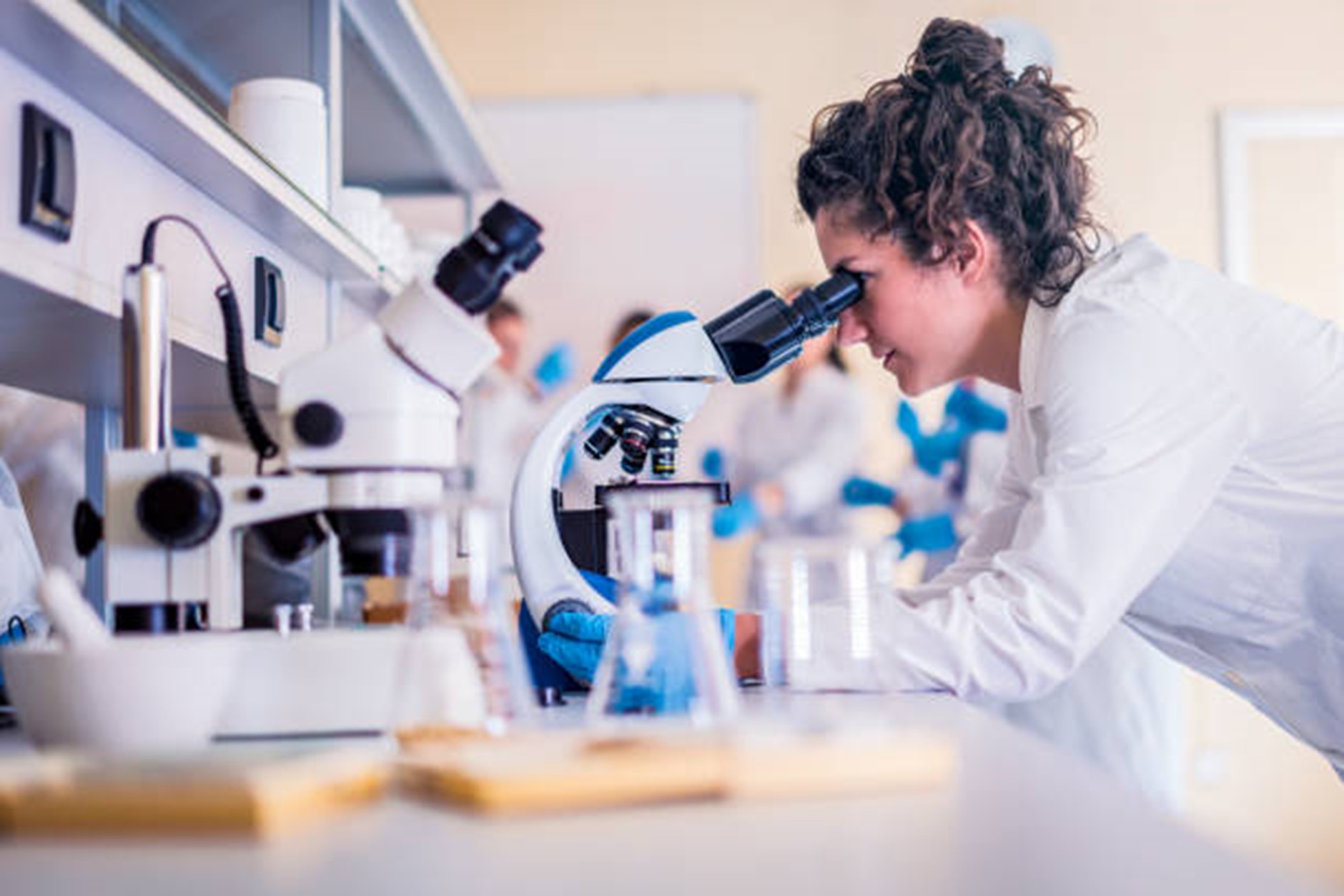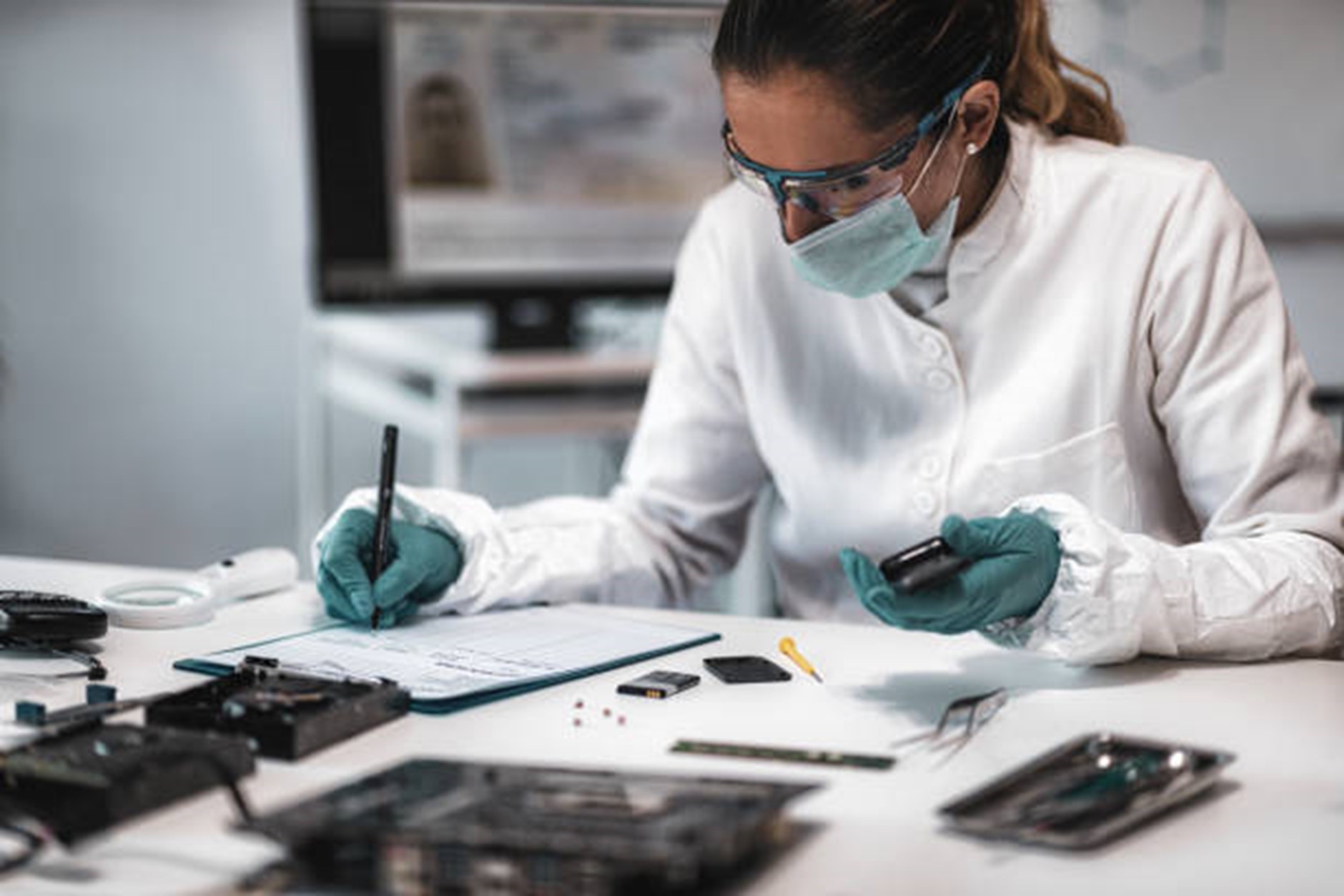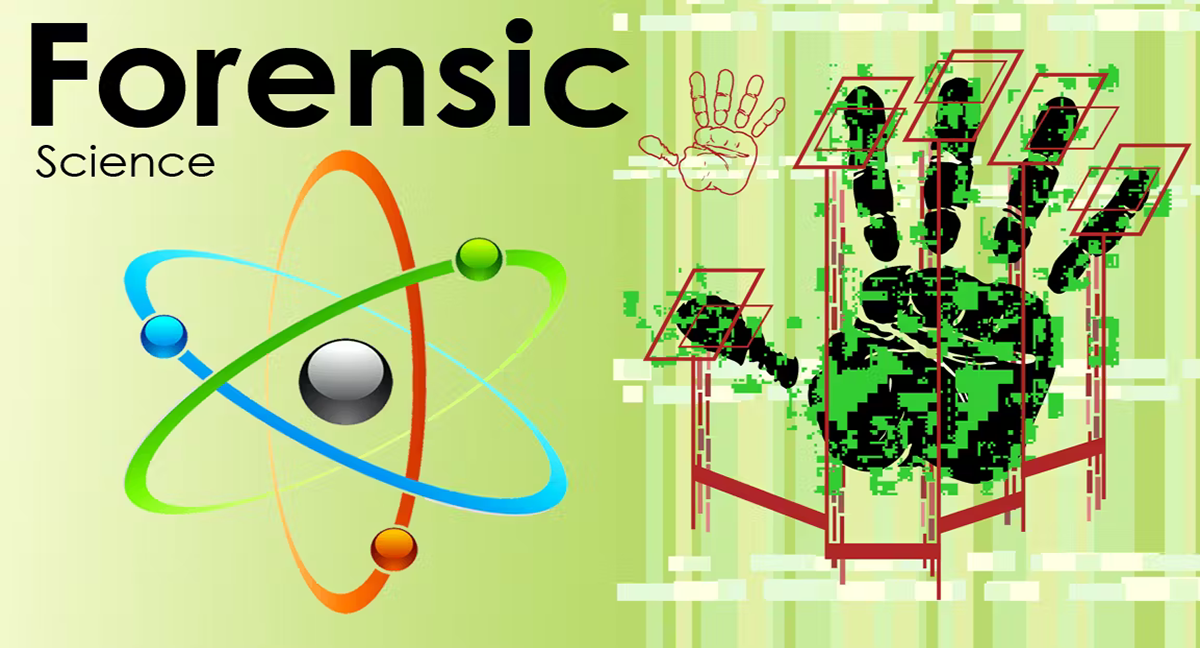“Forensic science is the science of finding people out.” – Sir Arthur Conan Doyle
Forensic science has become an integral part of criminal investigations and trials in recent years. It is the application of scientific methods to analyze physical evidence, to solve crimes and to provide evidence in court. The forensic scientist is a critical player in the criminal justice system, providing evidence to help identify suspects, determine guilt or innocence, and assist in the prosecution of criminals. Forensic science offers a challenging and rewarding career option for those interested in science, criminology, and law.

Forensic science is a multidisciplinary field that uses scientific methods to analyze physical evidence in criminal investigations. It includes a variety of scientific disciplines, including biology, chemistry, physics, and computer science. Forensic scientists are responsible for analyzing physical evidence such as blood, fingerprints, hair, and fibers to help solve crimes. They work closely with law enforcement agencies, crime scene investigators, and attorneys to gather and analyze evidence.
To pursue a career in forensic science, one must have a strong educational background in science. A bachelor’s degree in forensic science, biology, chemistry, or a related field is typically required. Some employers may also require a master’s degree or Ph.D. in forensic science or a related field. Additionally, forensic scientists must have excellent analytical skills, attention to detail, and the ability to work independently and as part of a team.
Forensic science is a rapidly growing field and offers numerous career opportunities for those interested in this field. According to the US Bureau of Labor Statistics, employment of forensic science technicians is projected to grow by 14% between 2019 and 2029, which is much faster than the average for all occupations. Forensic scientists can work in a variety of settings, including law enforcement agencies, crime labs, government agencies, and private consulting firms.

Several colleges and universities offer undergraduate and graduate programs in forensic science. Some of the top colleges for forensic science in the United States include the University of California, Davis, George Mason University, and the University of Illinois at Chicago. Internationally, some of the top colleges for forensic science include the University of Edinburgh in the UK, the University of Amsterdam in the Netherlands, and the University of Zurich in Switzerland.
Like any career, becoming a forensic scientist has its advantages and disadvantages. Some of the pros of a career in forensic science include the ability to help solve crimes and bring criminals to justice, the opportunity to work with cutting-edge technologies, and the potential for job stability and growth. On the other hand, some of the cons of becoming a forensic scientist include the need to work long hours, the pressure to deliver accurate results under tight deadlines, and the potential for exposure to hazardous materials.
Conclusion
Forensic science is a dynamic and exciting field that offers tremendous growth potential for those interested in science, criminology, and law. With a strong educational background and excellent analytical skills, anyone can pursue a career in forensic science. The demand for forensic scientists is only going to increase, and the career prospects are bright for those willing to put in the effort to master the skills required to excel in this field.

